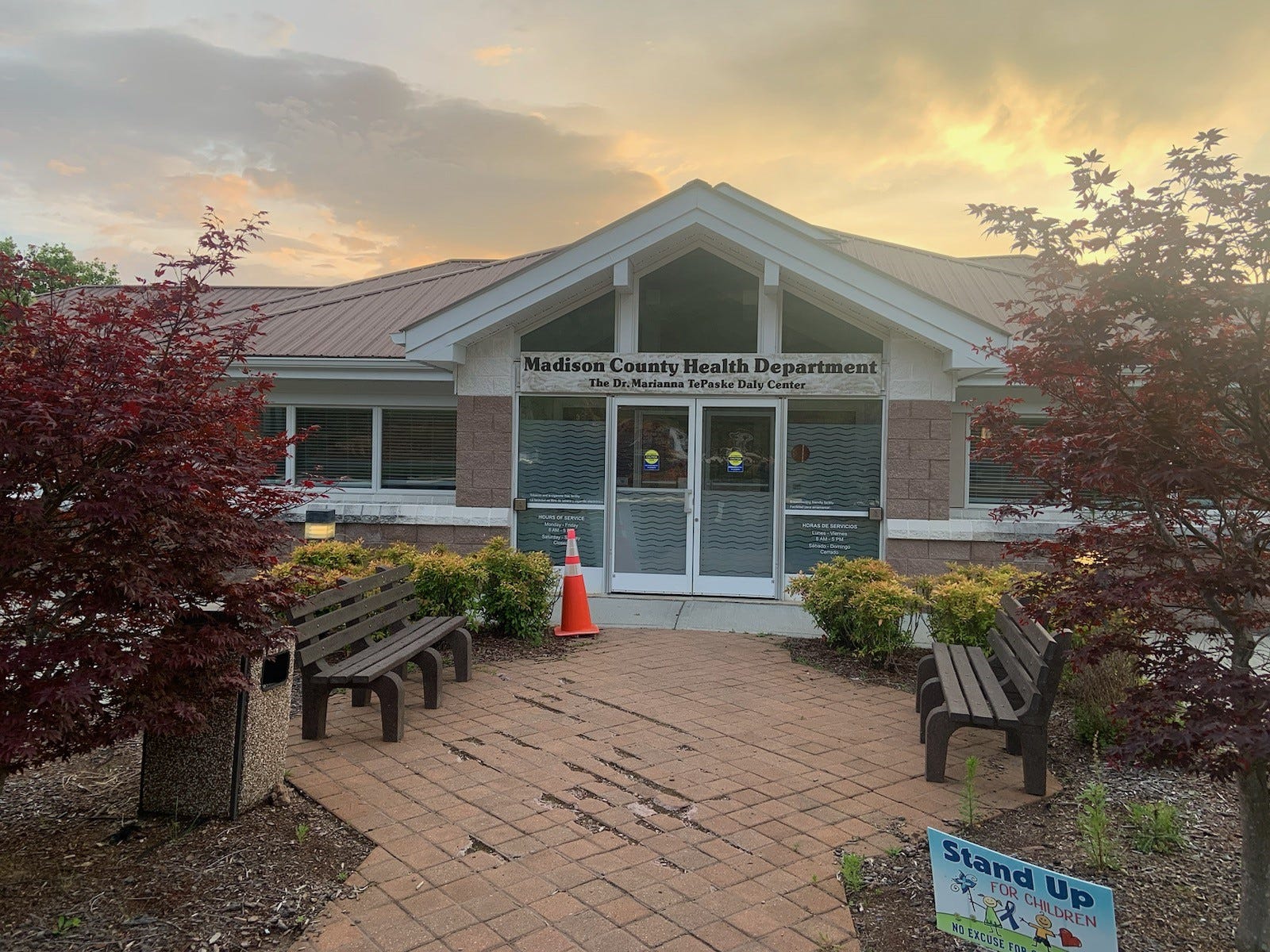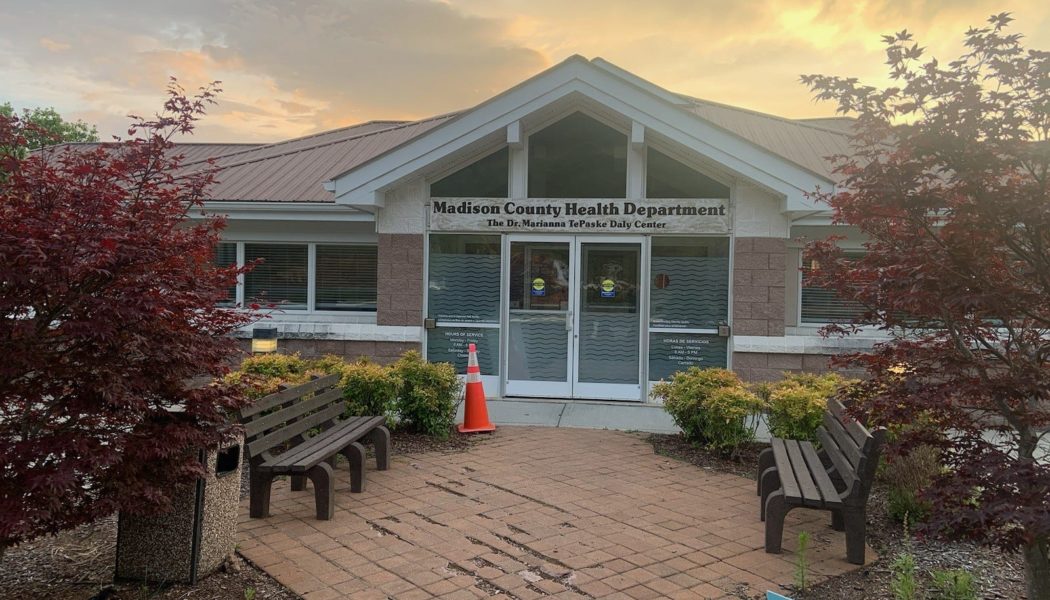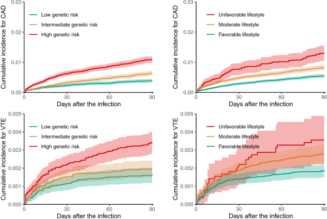
MARSHALL – Madison County’s community health priorities are the same as last year’s priorities: healthy eating/healthy weight and diabetes, as well as substance abuse and mental health.
That’s according to County Health Director Tammy Cody.
The State of the County Health report provides an update on the progress made addressing the county’s health priorities and highlights new and emerging initiatives.
“This has been a consistent thing for Madison County for many years, and our entire region,” Cody said. “Mental health/substance use and diabetes/healthy weight is a big thing in our region.”
According to Cody, the SOTCH gives community health professionals an opportunity to look at the processes in place and how the health professionals are working with the community to address these issues.
“This year, we have been able to implement the Walk With Ease program, cooking classes on healthy cooking and spending time with families and diabetes educational videos,” Cody said. “We’ve expanded our medications for opioid use disorder treatment program. We have several programs in the middle and high school team intervention to look at substance use issues that we see in our young folks. We’ve offered Dine In With Diabetes classes at the nutrition sites, created resources to look at social determinants of health and established community pantries.”
Cody said the county health department also hired an additional provider for its MOUD/Medication-assisted therapy program and was issued multiple grant funding opportunities to address opioid use disorder treatment throughout the county.
Additionally, the county health department has hired a full-time program coordinator for its Teen Intervene program at Madison Middle School.
“We have a lot of community partners that come together to focus on these big issues that affect all of our residents in all of our communities,” Cody said. “There’s a lot of work going on, and our goal is to have all of our residents as healthy and as happy as they can be, and leading the most productive that each of them can live.”
The State of the County Health report is conducted annually and support of the process was provided by WNC Healthy Impact, a partnership between hospitals and public health agencies to improve community health in Western North Carolina.
A Community Health Needs Assessment is conducted every three years.
Madison County’s 2021 CHNA revealed a 108% increase in drug overdoses since 2018.
More: Madison County’s opioid-related overdoses increased 108% from 2017 to 2020, county says
According to the assessment, the percentage of overdoses due to opioids has continued to rise from 2010 until present.
“The prevalence of individuals whose lives have been negatively affected by substance use increased to 57% in 2021,” according to the assessment’s highlights.
According to Cody, reducing the stigmas associated with substance use and obesity is the first step in helping to address the issues.
“We must be supportive of each other and reduce the stigma associated with being overweight, having a mental health condition or substance use disorder,” Cody said. “We need to encourage others.”
For those seeking information on resources to treat mental health and/or substance use, a list of facilities is available on the county’s website.
A “Resources for Mental Health Wellbeing” is available on the county health department’s website.
Community partners include Madison Community Health Consortium, Healthy Eating Active Living, Madison Substance Awareness Coalition, Madison County Schools, Madison County Cooperative Extension, Hot Springs Health Program, Land of Sky Regional Council and others.
Jodi Brazil is the coordinator for the Madison County Health Consortium. Brazil said the 2021 assessment is the fifth she has assisted with for the county.
“We have an acting team that’s called HEAL – Healthy Eating Active Living – that has met monthly since 2016,” Brazil said. “It’s made up of community partners and is very collaborative, and we look at strategies moving forward that we want to include in the next state requirement.”
For more information and to get involved, residents are encourage to join Healthy Eating Active Living and Madison Substance Awareness Coalition.
Madison Substance Awareness Coalition, formed in 2014, meets monthly to address strategies related to substance use identified in Madison County.
For more information and to access the full report, visit www.madisoncountyhealth.org or call 828-649-3531.









